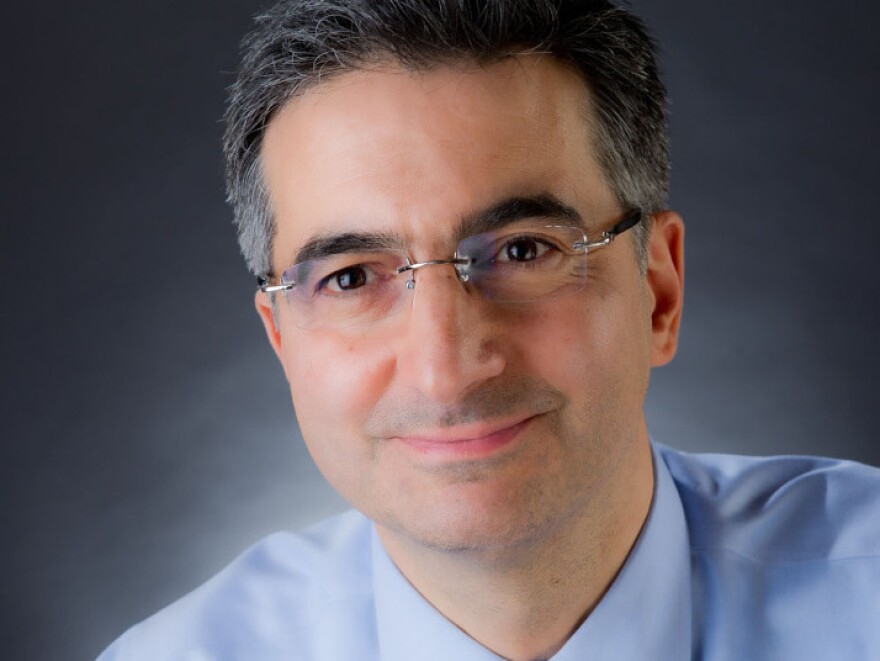Advances in genetic testing have improved the prediction, diagnosis and treatment of disease. But having increased information about your genetic makeup can raise some difficult questions and decisions.
Dr. Robert Klitzman wades through some of those challenges in Am I My Genes?:Confronting Fate and Family Secrets in the Age of Genetic Testing. For the book, Klitzman interviewed 64 people whose genetics indicate they might be at risk for Huntington's disease, breast cancer and other illnesses. These individuals faced a number of big choices: the decision to be tested in the first place, whether to reveal the results to family members and doctors, and how to plan for the future.
"People suddenly had to wrestle: Do I tell my 18-year-old son or daughter or my 17-year-old or my 21-year-old child that he or she therefore also has a 50 percent chance of having this mutation? Do I want to have that shadow their lives as they're just getting going on their independent adult lives?" Klitzman tells NPR's John Donvan.
Scientists have isolated thousands of genetic markers that indicate clear disposition or risk for disease. Klitzman talks with Donvan about the challenges individuals face when they gain more knowledge about the implications of their genetic makeup.
Interview Highlights
On deciding when to tell your family about a genetic discovery
"People generally found ... that ... 17, 18, that's too young. Some people waited until their children were getting married, and suddenly ... at age 28, their parents said, 'You know, by the way, Uncle Jack, he didn't fall down the stairs and die as we talked about; he actually had Huntington's disease.'
"And then suddenly people had to figure out, well, should I still get married, should I have kids? So I think that's too late. I think that it's important to make independent judgments and also talk to a genetic counselor or a geneticist or a physician about what makes sense for the individual. But I think teens are too early."

On deciding when to notify a doctor about a genetic discovery
"The problem is if you tell the doctor, the doctor will no doubt write it in the medical chart, and if you apply for life insurance or disability insurance or long-term-care insurance, the insurance company may well ask to see the chart and see that information there.
"There is the Genetic Information Nondiscrimination Act, or GINA. ... It applies only to life insurance and does not apply to all life insurance. So it does not include disability insurance and life insurance and long-term-care insurance. So these are areas that I think we need to think together if we need to have more policy."
On the future of genetic testing
"When you walk into your doctor's office, at some point in the near future, your whole genome will be tested. And so we'll each know information or have the possibility of knowing information about our mutations.
"And it is possible in the future, when you date someone, they may say, 'Well, I know what my mutations are and what I'm a carrier for. What are you a carrier for? What are your mutations?' "
Copyright 2023 NPR. To see more, visit https://www.npr.org.


